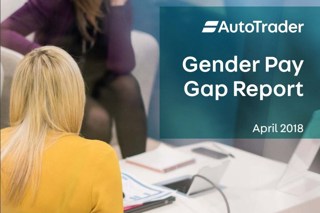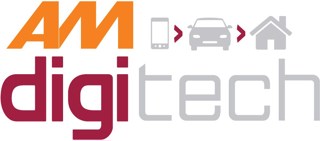Consumers typically pay 68% more on the advertised price of a car when using finance compared to those paying outright, according to Auto Trader.
The average is £17,087 on finance versus £10,142.
And 37% of buyers view finance as an enabler in buying a new car, while 36% used finance because they couldn’t afford to purchase a car otherwise, according to its latest market report.
The insight follows the launch of an Auto Trader tool in December, developed in partnership with Codeweavers, which promotes finance options earlier in the buying process, in response to a “growing trend” amongst car buyers to pay on a monthly basis.
Monthly payments are now displayed in all search results on Auto Trader – whether they search by the monthly or cash price.
Data obtained from consumer search behaviour shows that the most popular deposit buyers choose is £1,000 and the most popular term is 36 months.
The top 10 most searched makes and models with finance options available
|
Most popular make |
% of monthly price searches |
|
1.BMW |
12.7% |
|
2. Audi |
12.1% |
|
3. Mercedes-Benz |
9.4% |
|
4. Volkswagen |
8.2% |
|
5.Ford |
6.7% |
|
6. Vauxhall |
4.2% |
|
7. Land Rover |
3.7% |
|
8. Nissan |
2.2% |
|
9. Toyota |
1.8% |
|
10. Volvo |
1.6% |
|
Most popular model |
% of monthly price searches |
|
1.Golf |
3.4% |
|
2. 3-Series |
2.7% |
|
3. 1-Series |
2.3% |
|
4. A3 |
2.1% |
|
5.Fiesta |
2.1% |
|
6. C-Class |
1.9% |
|
7. A-Class |
1.8% |
|
8. Focus |
1.7% |
|
9. Corsa |
1.2% |
|
10. Polo |
1.2% |
Auto Trader’s retailer and consumer product director Jason Biffin (pictured) said: “Our extensive research highlights just how fundamental finance is in today’s car buying journey; over a third of consumers wouldn’t be able to afford a car without it.
“That’s just one reason why, despite negative speculation, the finance bubble is not set to burst, it’s set to grow, and it presents a huge opportunity for retailers to drive growth in their businesses and the wider market.
“This is particularly true of used, where a pipeline of younger and more desirable, but more expensive second-hand cars are entering the market driven by the average two-three-year personal contract purchase (PCP) renewal cycle.”


















Login to comment
Comments
No comments have been made yet.